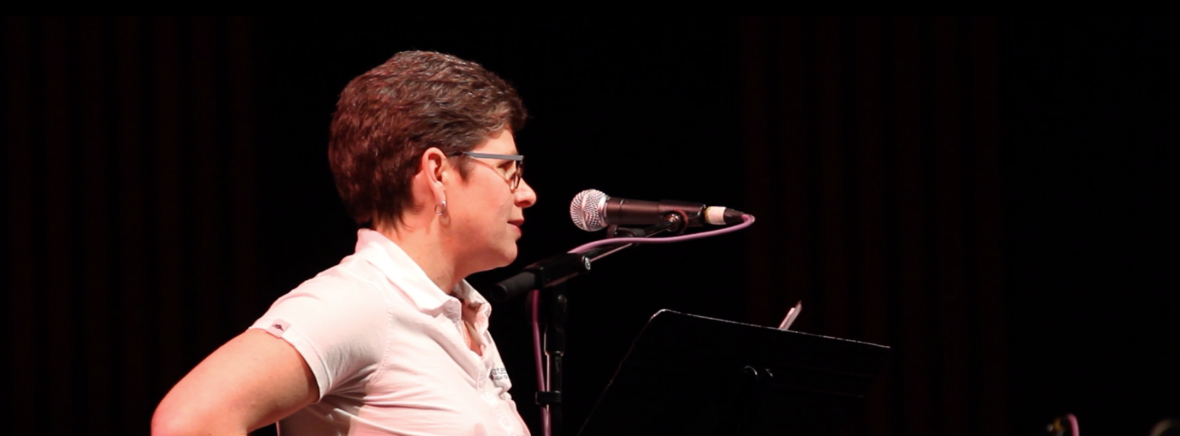Note to readers:
I wrote “Different Parents?” in mid-May but never posted. Broader reach was my goal, so I submitted to a few publications with no responses. Not unusual.
But I am compelled now to put this out into the world, but with the caveat, that we also consider being different parents by actively working on our own unconscious biases, and modelling for our children respect for all, regardless of race, colour, religion, sexual orientation, or socio-economic conditions or any other difference. No one human is more or less than any other. All humans, all living things merit recognition and gratitude for their present and potential contributions to our world. When we tackle and name our own biases and raise children to address theirs and be different, there is hope for our future, amid the smouldering ashes. We all have a responsibility to combat hate wherever it lurks.
“An education capable of saving humanity is no small undertaking; it involves the spiritual development of man, the enhancement of his value as an individual, and the preparation of young people to understand the times in which they live.” ~Dr. Maria Montessori
Different Parents?
We feel trapped. Our choices, along with our children’s, have been dramatically altered. We can’t choose quiet work, being with friends or attending school. With every choice lost, new opportunities emerge. Whether recognizable or not, we still make choices.
Beyond thinking about how you structure these strange days or your showering frequency, consider how you spend this intense time with your children. Understandably, 24/7 parenting/teaching/counselling is somedays harder than we ever imagined. By my calculation, parents spend an extra fifty hours each week with their children, or an additional 200 hours a month. Many children don’t grasp why things are the way they are. Many adults question the same. But let us unpack today and tomorrow as gifts, even if poorly wrapped!
“We don’t know how we’re going to come out of this,” as Alice Whittaker states in her First Person article “How will my Children remember this pandemic?”, “ Whether they remember all of this will depend on whether we, the adults, remember the many lessons offered.”
Our situations, but also choices and coping mechanisms may determine not only how we are with our children during these extraordinary intense times, but they also predict how we might be different years later.
Admittedly, I have time to think about this because my grown children are dealing with their isolation, job restrictions and health wariness far from home. I also recognize as an educator, your stress and anxiety vary tremendously depending on your support, your financial situation, and your health. We receive regular reminders to put our oxygen mask on first. Self-care and patience are more important than ever for our survival. But buried in the most recent news is self-knowledge, particularly as parents.
As you return to be your child’s first teachers, you gain greater awareness of their developing abilities. You see your toddler’s rapid progression through milestones. Or if older kids returned, you learn about the adults they are becoming. Or you collect a greater understanding of your child’s ability to tackle schoolwork. For the first time do you really see some of what their teachers see?
As a school leader, I regularly marvelled at children’s ability to tackle things society believed too hard. Four-year-olds cooking and sewing, seven-year-olds determined to complete a single thirty digit long-division question on taped-together pieces of chart paper or young teens with thoughtful solutions to managing food systems.
Fortunately, I have a treasure chest of examples that remind me of the capacity of young people.
Ask yourself, “what are my beliefs about my children?” Through partnering with parents, often I saw beliefs as limiting. Now is the time to value new information gathered to change mindsets.
What do we know now that we did not know before? What can we still learn?
Recently, Joe shared Josie; his eleven-year-old daughter secretly liked climbing onto their roof, resulting in reprimands. But when she learned the eavestroughs needed attention, her previously reckless behaviour could instead be purposeful. Pre-pandemic, the time and opportunity to consider if Josie could even do this did not exist. After school activities squeezed out anytime to see unrecognized skills as strengths, now, in bare feet, gripping the shingles more easily without shoes, she became a hero. Contributing, despite the challenges, offered confidence and pride while her parents recognized their daughter could do things never considered.
Emma, my daughter, realized after living away from home for over ten years, the impact FaceTiming with grandparents has on their joy and resilience. She now plans to do this regularly. From afar, I see adaptability and kindness blossom in my adult children.
After surviving a WWII death camp, witnessing horrors, Viktor Frankl, encourages humanity to recognize we have choices during tragedies. “Everything can be taken from a man but one thing: the last of the human freedoms—to choose one’s attitude in any given set of circumstances, to choose one’s own way.”
I recognize the removal of many choices in today’s pandemic, but most of us can still choose how we respond and who we become because of this. This crisis touches everyone. The universality of our experiences can offer us increased empathy for others. Most importantly, we can choose how we want to be and how we want to be with our children today and tomorrow.
A greater understanding of ourselves and our children can be an unexpected gift preparing us for future challenges, emerging as different parents.
“When we are no longer able to change a situation, we are challenged to change ourselves.”
― Viktor E. Frankl, Man’s Search for Meaning
Margaret Whitley


